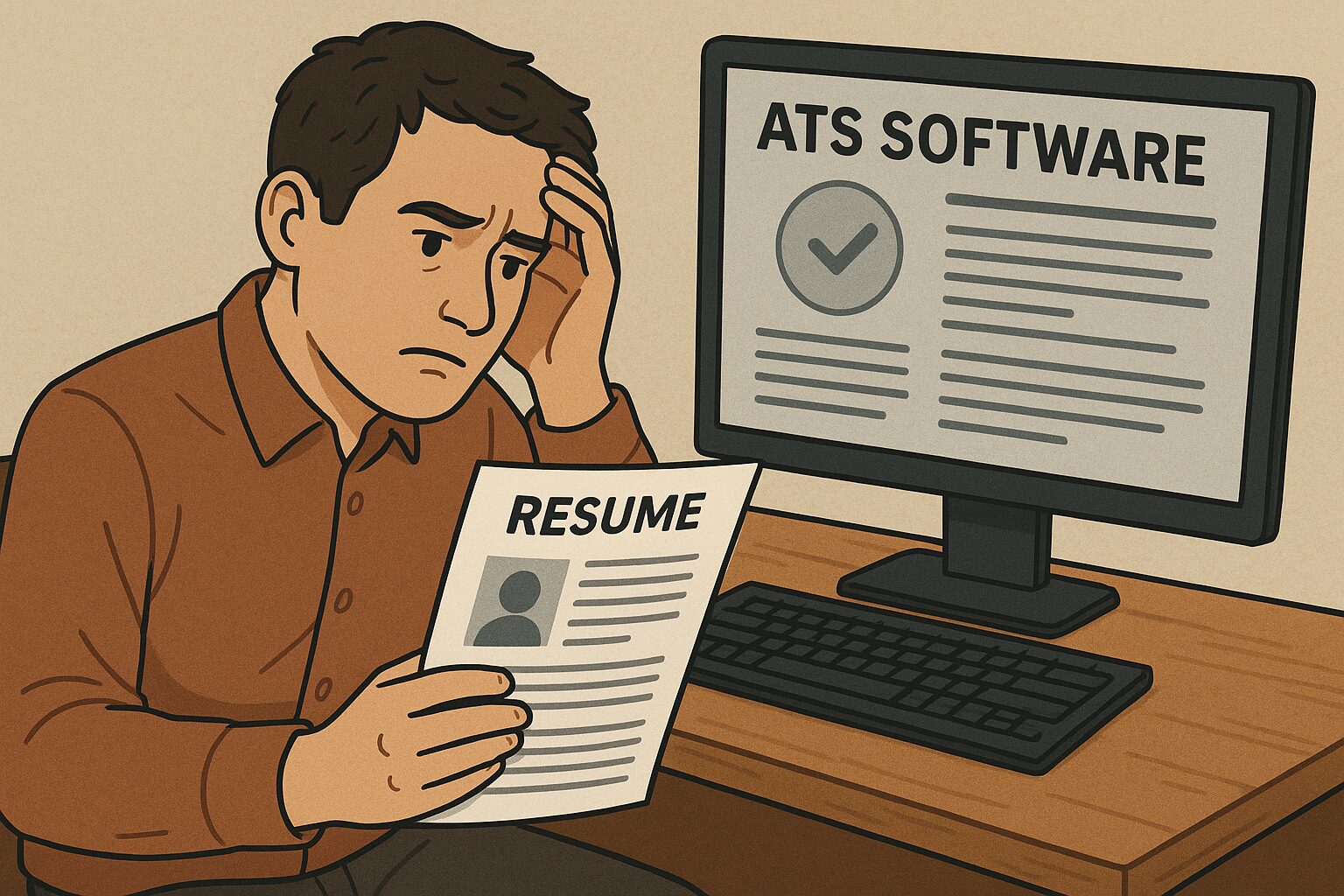It sounds crazy, but a Gen Z job seeker recently admitted every single claim on their resume was a lie and still landed interviews. When fabrications outperform honest applications, something’s clearly wrong with our hiring process. Here’s a no-nonsense look at why desperate candidates resort to resume lies, how AI and automated filters are part of the problem, which ATS-friendly resume mistakes to avoid, and what both employers and employees need to do to rebuild trust.
Gen Z Resume Lies and the Broken Hiring Process
Almost half of Gen Z faces job search challenges, stretching the truth on job applications, and one TikToker bragged that “not one word on my resume is true” yet he’s getting calls. In a market where thousands of qualified candidates compete for every opening, many feel lying is their only option.
What would lead people to be so desperate as to lie on their resume? Its because of the shortcomings in the process, which include:
- Overreliance on automated tracking systems: Automated Tracking Systems (ATS) scan resumes for exact matches, sidelining real skills if you don’t game system.
- Unlikely expectations: A four or six-year degree no longer guarantees a job, despite the promises that college is an investment that will pay off.
- Social media hype: Viral TikToks glamorizing resume lies, making fakery look like a clever hack instead of a symptom of a much greater issue.
When the system rewards fiction over fact, honest job seekers pay the price and long-term trust between employers and candidates erodes.
AI Threats and the ATS: Why Good Candidates Get Overlooked
Companies shouting about “replacing workers with AI” only add to the confusion. But two AI hiring process pitfalls combine to penalize straightforward applicants:
- AI-driven rejection: Overzealous filters weed out resumes that don’t use the “right” buzzwords.
- Mixed signals from employers: Public claims of full automation clash with spokespeople insisting they need human judgment, leaving candidates unsure which skills truly matter.
What Resume mistakes to avoid?
When you are desperate, you will try anything to find some kind of success. But some moves will cause more harm than good. Here are a few mistakes to avoid:
- Using generic language instead of optimizing your resume for ATS.
- Filling your resume with irrelevant buzzwords instead of highlighting your core skills.
- Not tailoring your resume to each job, ignoring ATS-friendly formatting and keywords.
Result: Qualified people fake credentials to slip past machines. It may win an interview, but it also sets everyone up for disappointment and deeper distrust.
Structured Communication: Fixing Trust Between Employers and Employees
Dodging lies on resumes won’t solve anything unless companies overhaul how they communicate roles, expectations, and long-term goals. Here’s what needs to happen:
- Clarity in job postings. Separate must-have skills from nice-to-haves. Spell out team culture and growth paths.
- Transparent hiring criteria. Share resume writing best practices and explain automated tracking systems scoring so candidates know what human reviewers value.
Think of it like this
Your hiring process is like a used car, it’s not perfect, but regular maintenance keeps it running. If top talent keeps getting overlooked while blatant fabricators sail through, it’s time to fine-tune or reprioritize your filters and messaging. According to SHRM CEO’s have recognized that qualified talent is being filtered out because of the reliance of keywords; why have a system that is a job in itself to fill a role that you claim to need. Make it less complicated, it’s simple can you do the job and let’s chat to make sure.
